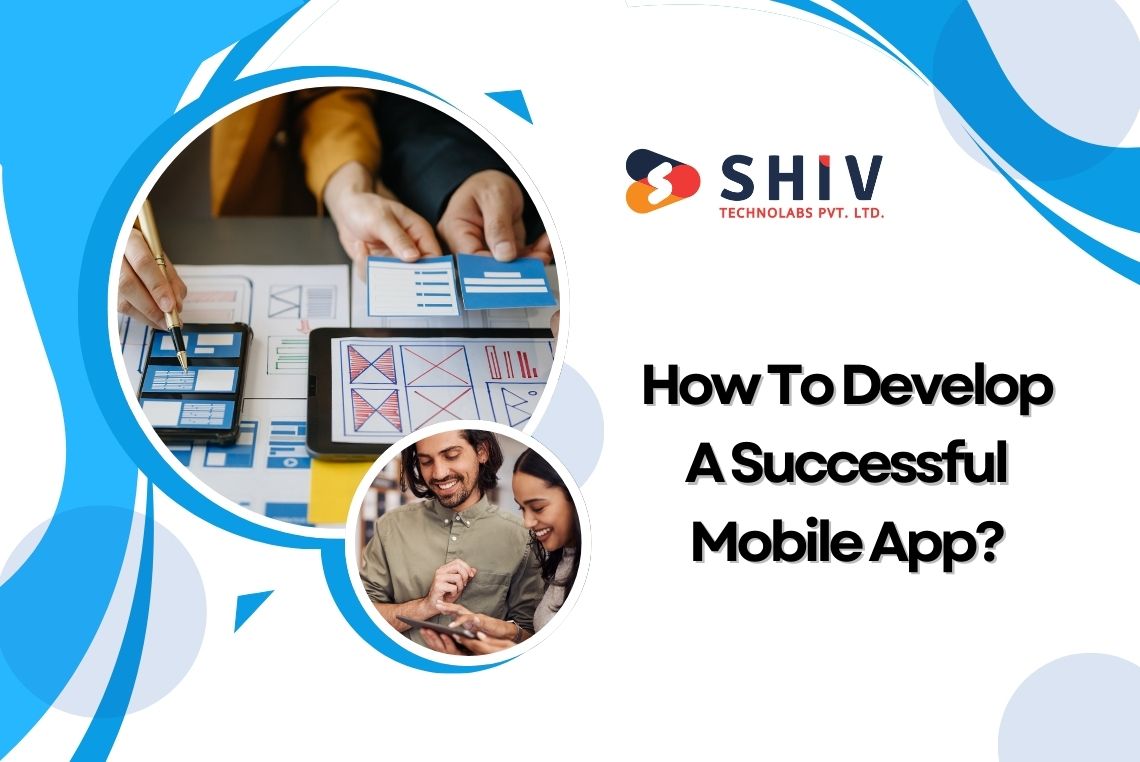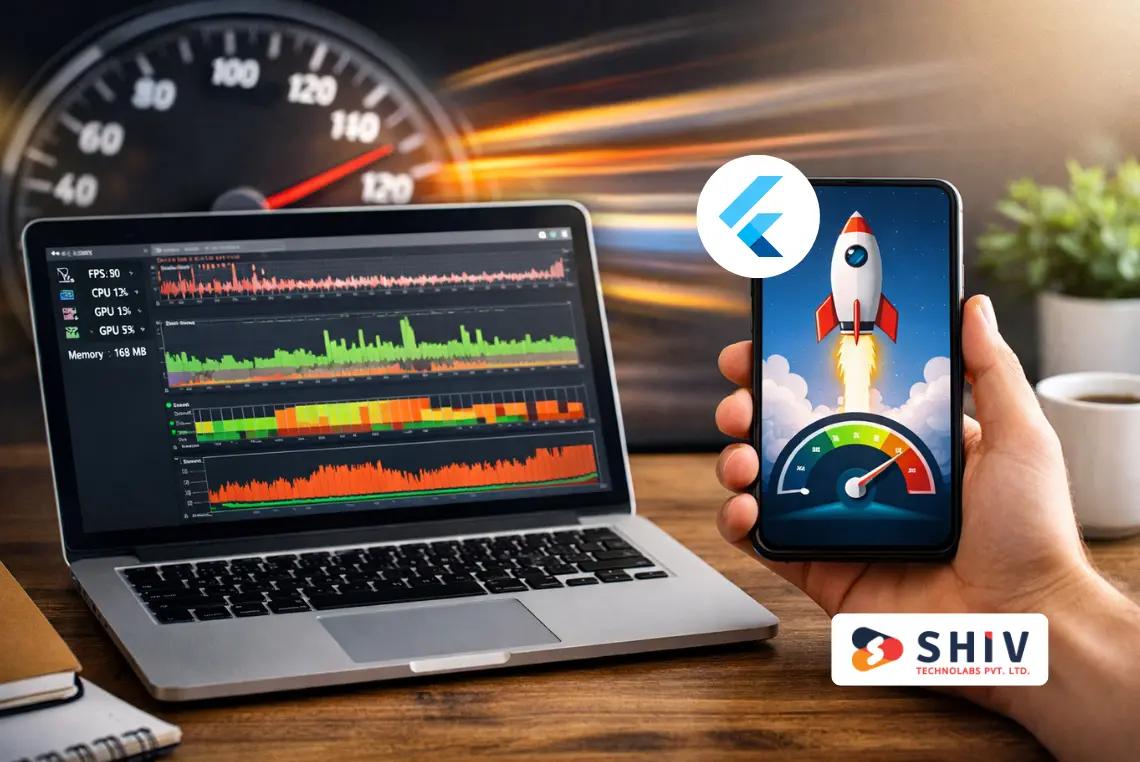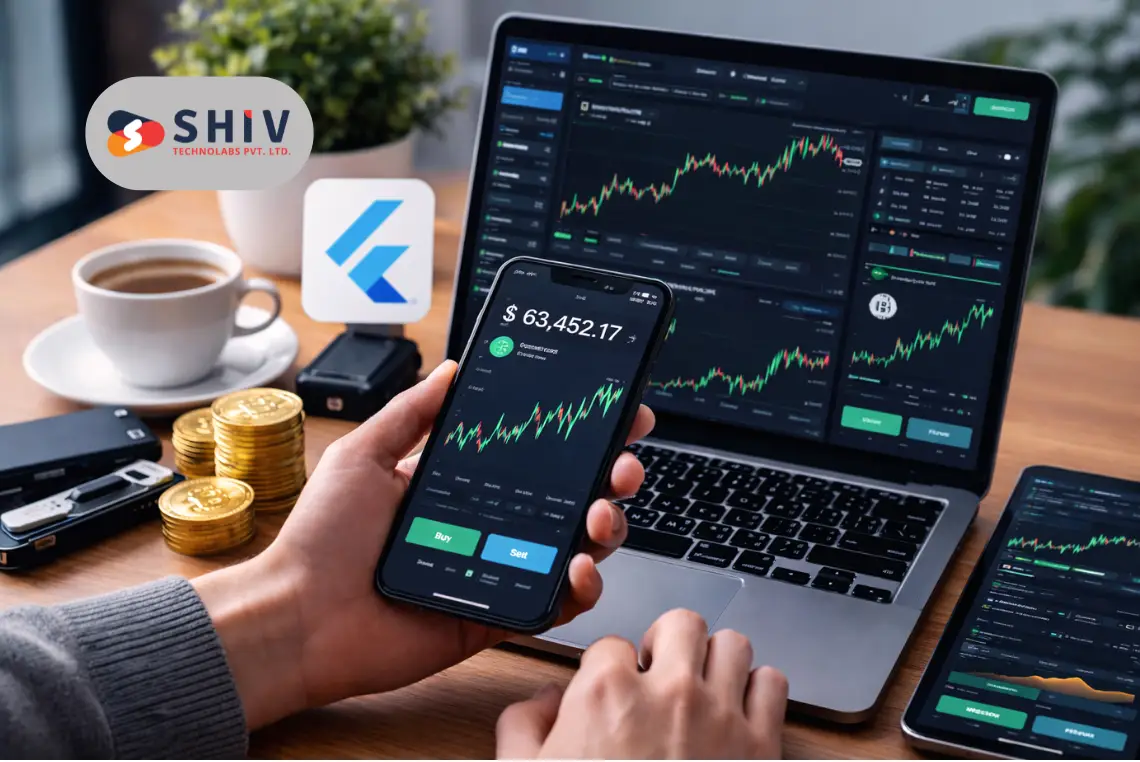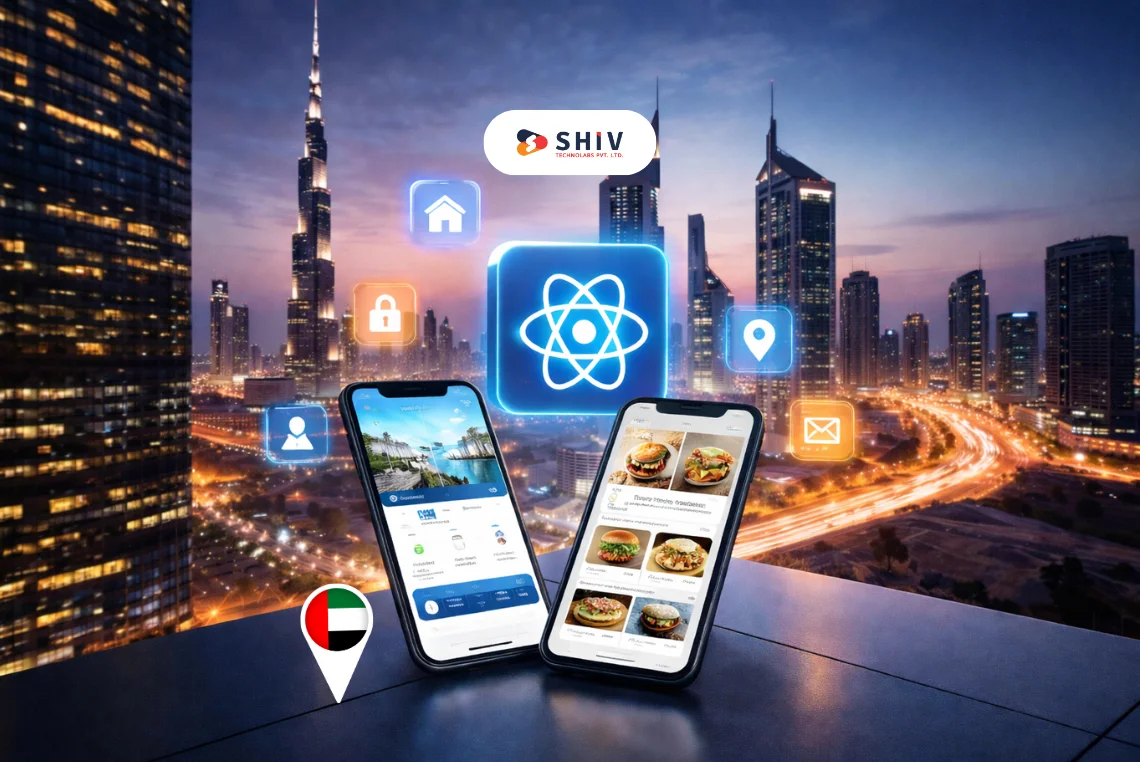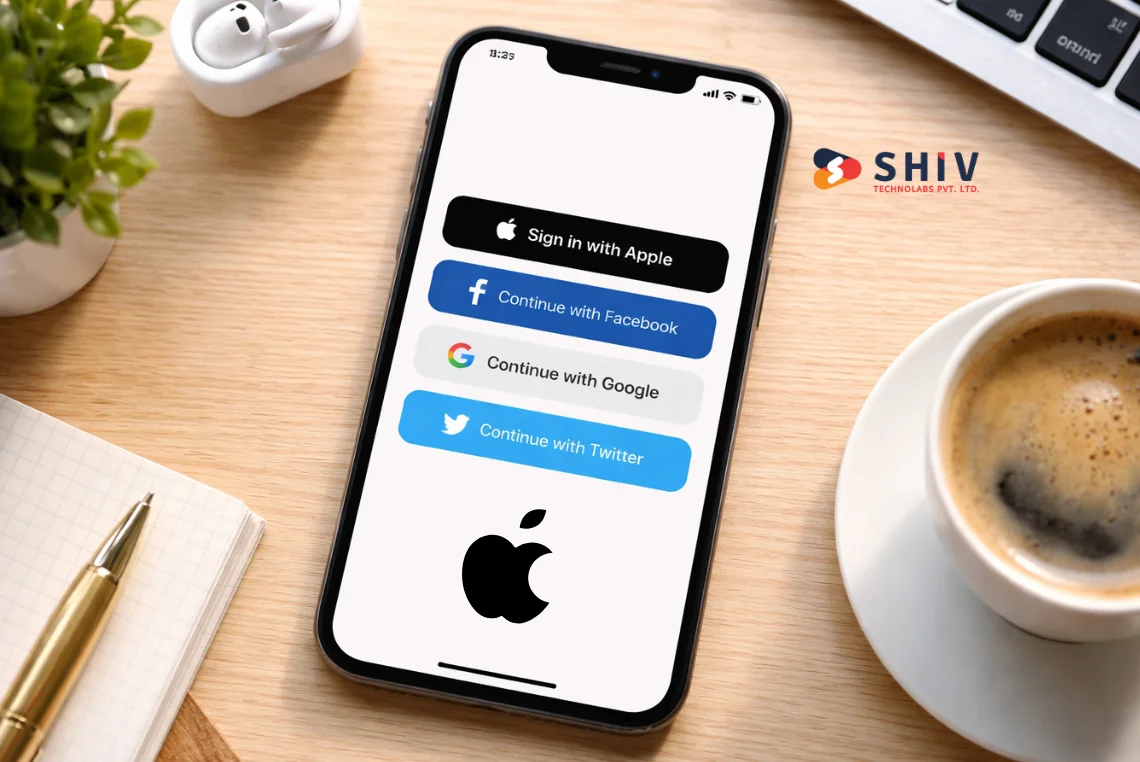Table of Contents
Currently, in an era dominated by digital presence, enterprises are continuously launching new apps every other day. There exists a large number of mobile applications within such areas as education, on-demand services, business, and lifestyle on Google Play Store or App Store.
However, it is worth noting that amidst these many applications only a few capture user attention. With the right mobile app development services, your app will be able to get the attention and love of your target users.
Read on to learn how to develop a successful mobile app.
Defining Strategy
The first phase of developing an app defining the strategy to follow. At this stage, you need to start thinking critically about what your future application should be like, its objectives, goals, and business model.
# Set Goals
Whether you want to build an enterprise app or a customer one, typically you will begin with defining primary goals. You can do it by answering the following questions:
- Who are its primary users?
- What issues will my mobile application solve?
- What do I want my mobile app to achieve?
It is wise to write down these important purposes so that they remind you of where you are heading with your mobile app development services.
# Analyze Competitors
The subsequent step in mobile app development strategy formulation involves examining current and possible competitors.
- Are there any mobile applications out there in the market that serve comparable functions?
- How well do they work?
- Do they receive positive customer feedback and have numerous installations?
By looking into the competition, one can avoid mistakes that have already happened in your app niche.
# Choose a Platform for Mobile App Development
The creation of the mobile application requires one to know at the developing stage which platform they are making their app for. Should it be a personalized Android app? Or is iOS more applicable to your business idea? Or is a cross-platform application an ideal fit?
# Select Monetization Model
Finally, this step is applicable for those developing consumer applications. Selecting the right approach to revenue is important. In such instances, direct earnings from your investment are desirable, however, there are so many possibilities including:
- In-application advertisements
- Subscriptions
- In-app purchases
- Paid apps
- Affiliate marketing
Your choice of monetization plan depends on what kind of mobile app you are building and your objectives.
# Analysis and Development Planning

First, one needs to be specific about the tasks that mobile software must perform, this means defining exactly what you want your application to do. This is known as functional requirements documentation which is essential for helping you understand the features that need development.
Then again software non-functional requirements have to be looked into. They affect user experience a lot since they are about the quality of how your system behaves.
The next stage involves defining a roadmap for your app. You want it to be successful on the day it is launched as a Minimum Viable Product (MVP) to avoid chances of negative user experiences or failures in the future. So during the product roadmap creation, you list everything that your app should do and discuss the requirements with your mobile app development company.
Moreover, if you are constructing an iOS application, hire proficient iOS developers. For cross-platform applications, however, one will need someone experienced in various technologies such as Titanium and Xamarin which facilitate multi-platform development.
# UI/UX Design

An app’s layout pays a lot of attention to ensure user satisfaction. Messy or faulty UI/UX designs can cause users to move into competitors at once leaving you behind after investing hours and money into your mobile app.
This implies that your user interface/ user experience (UI/UX) design must be such that it is not only intuitive but also user-friendly, engaging, and seamless in terms of providing a holistic experience.
The first thing that comes to mind when talking about the app design process is developing the rules as part of the application’s information architecture. You will have to decide what type of data would be in the app when your mobile app development company comes out with it, how it would appear, and most importantly how one interacts with such data there.
The next step is where business analysts come up with drawings called wireframes digitally. This document contains sketches focusing on both the user experience as well as aesthetics of apps. The finishing touch on this overall picture is making sure that your application remains consistent by means of style guides that define exactly what should be done for its appearance to be uniform all through. After creating them they are followed by mockups which represent final visualizations applying styles described previously onto basic forms laid down in wireframes.
Lastly, prototyping would mark the completion of the UI/UX design procedure.
# App Development
It is time to shift to one of the most essential phases in your mobile app development process now that the designing stage is complete. It usually focuses on two parts: the backend and the front end.
The backend part of app development entails creating server-side objects and databases that are accountable for how your mobile app performs.
At this point, your project team will select suitable programming languages and begin writing the code for the application. Besides, a hosting environment and database engines will be chosen.
The front end of a mobile app is what the end-user engages with mostly. Based on code reusability needs as well as budget, you may opt for a platform-specific, hybrid, or cross-platform approach.
# Testing
Now that you have developed your mobile application, it is time for testing. This is important because you will want to find out if the solution you have developed is stable, secure, and devoid of any bugs.
There should be five types of tests done by mobile app development agencies on your app before delivery to ensure that it meets the highest possible quality.
Test the app’s features, functions, and security so that your system doesn’t have any holes. In addition, this will help ensure that your application remains relevant across other devices and platforms.
# Deployment
When you are ultimately ready to launch your application, you will have to leverage different means of distribution, depending on the platform that you were developing for.
The mobile app deployment strategy is rather simple. You may need to upload your application on either Apple’s App Store or Google’s Play Store or go for a private distribution.
In both stores, some forms must be completed before submitting your application for evaluation.
# Updates and Support
When it is finally up and live while people are already downloading it – you should use your analytical skills and start monitoring performance. The following are among the key performance indicators (KPIs) that deserve attention:
- Application downloads
- Average duration visit
- Active users
- Churn rate
- Reviews
- Retention rates
- Customer lifetime value
- Conversions
- Ratings
Additionally, make sure you are tracking crashes, customer requests, bugs, and overall mobile application performance.
Moreover, mobile app development agencies must pay attention to frequent updates just so they can remain relevant when operating systems feature the latest changes, have review rules put in place, as well as meet expected performance criteria all through.
Wrapping Up
You may have got that one-million-dollar concept that can be turned into a personalized app for your business. However, to make it come to life, you need to hire the best mobile app development agency that can use its skills and know-how on your venture to ensure its affordability, strong competitiveness as well as appreciation from targeted customers.
Whether you’re looking into mobile app development for internal use or for consumers, Team Shiv Technolab is always ready to help. Our vast experience in developing solutions solving corporate challenges and delivering state-of-the-art experiences to end-users.
So, if you’d like to discuss your next mobile app requirement — don’t hesitate to reach out. Our team will get back to you shortly and answer any questions you may have.

